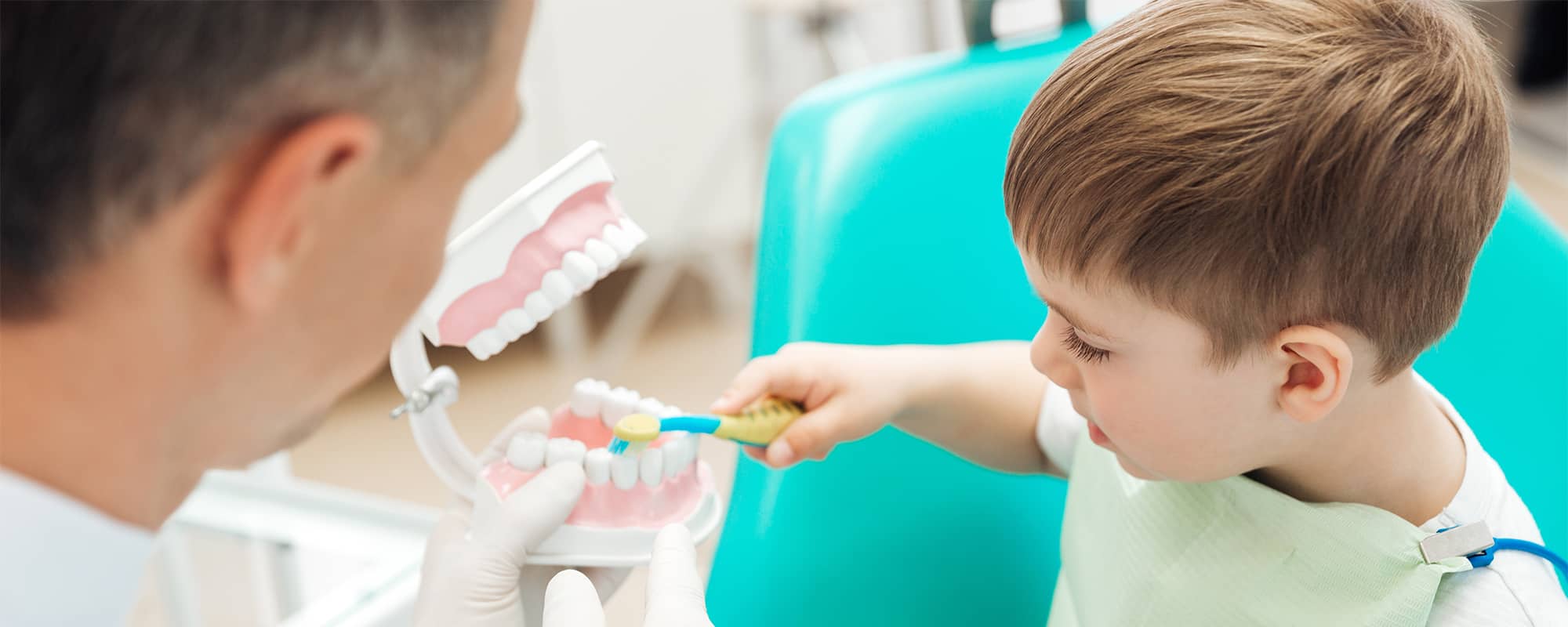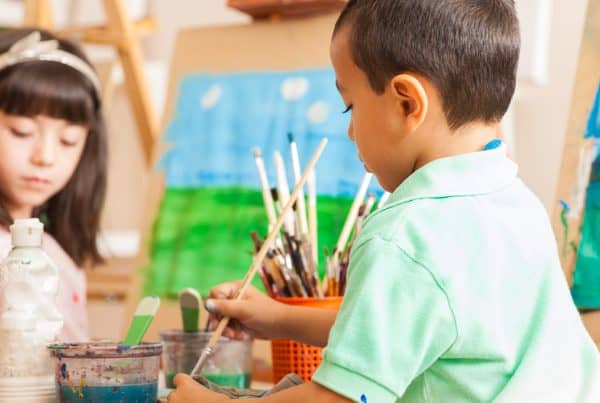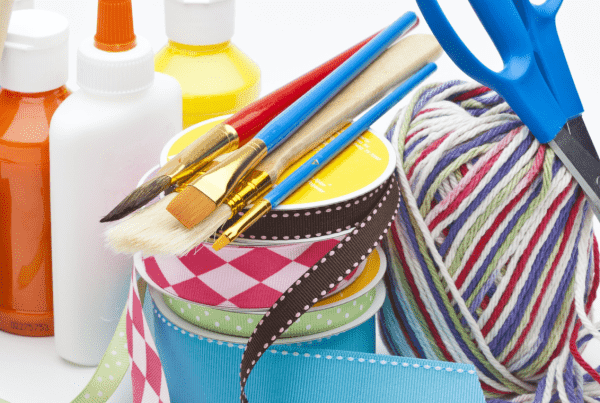For the vast majority of kids having their teeth checked and professionally cleaned every six months is ideal. This gives the dentist a chance to check the level of oral hygiene and motivate when needed, assess the risk of decay and prevent when required, and monitor the growth of the face and the transition from baby teeth to adult teeth.
In dentistry prevention is paramount, therefore children that have regular checks generally have far fewer dental problems. Developing a good relationship with a family dentist is something that will benefit them for their entire lives.
At what age do the baby teeth start to fall out?
Most often it’s the lower front teeth that will be lost first and that usually occurs around six years of age. However, losing the first tooth any time from four and a half to seven and a half years old is not abnormal. Around the same time it is likely that the child will have their first adult molars erupt at the very back of the mouth. They are essentially teething again and so if they have a fever or are just not themselves this may be the cause.
At what age should my child have all their adult teeth?
Again this can be variable but in most cases it is between the ages of 12 and 14. We often refer to this time as the ugly duckling stage because having adult sized teeth in a child sized head looks out of proportion. Around this age is often a good time to start orthodontic treatment and the family dentist can support this if required.
How does a dentist appointment for children differ to an appointment for adults?
In a lot of ways the appointments can be very similar. We talk and build trust at the start, look at the teeth and gums and give advice on how to keep things healthy, and prevent small problems from growing into big ones. The main difference is the topics of conversation.






